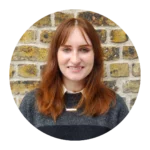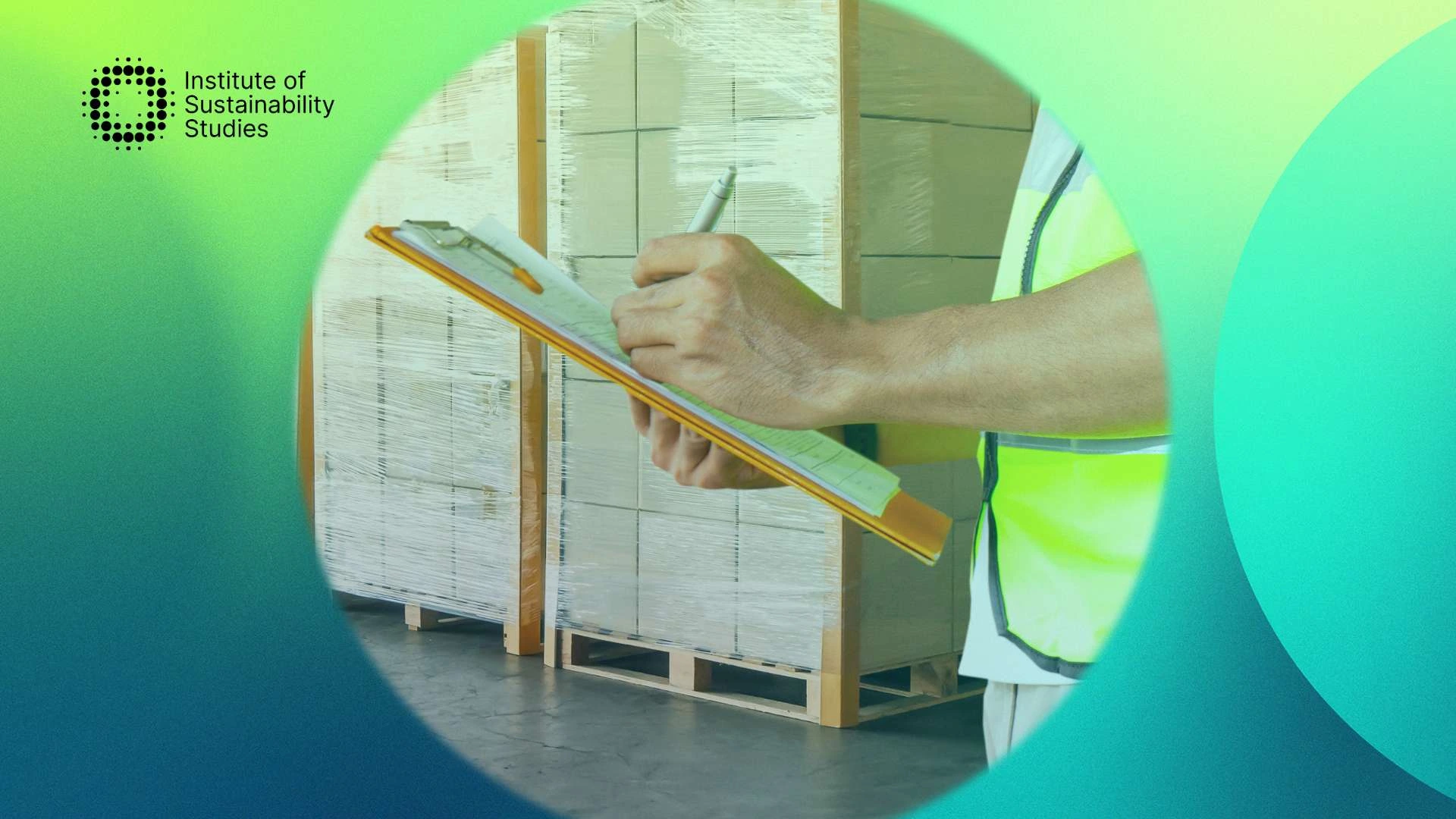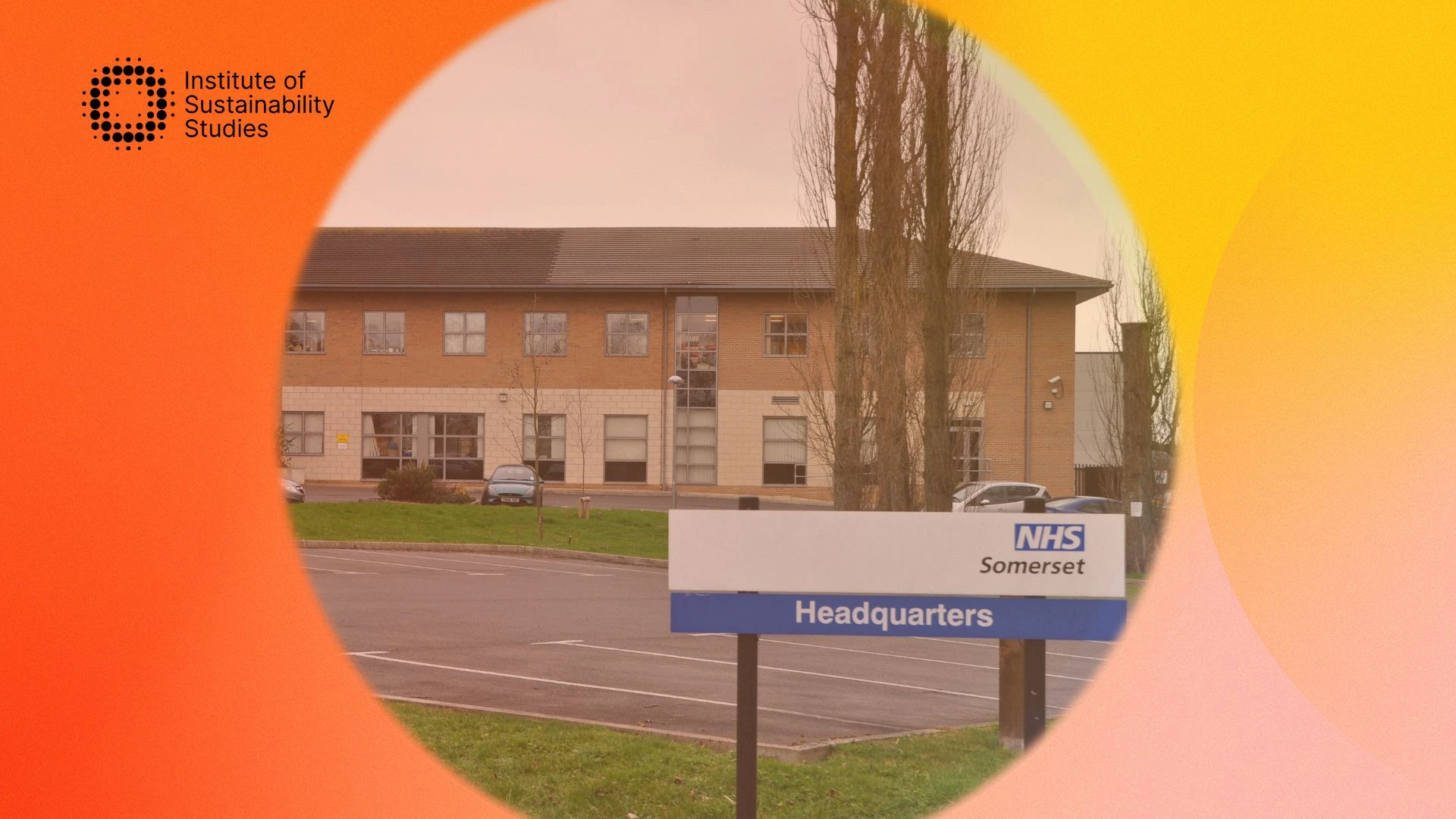Promoting a rethink of current discarding and disposal practices to work towards a circular economy
Zero Waste Alliance Ireland (ZWAI) is an environmental non-government organisation (NGO) and a registered charity. ZWAI is funded by the Department of the Environment, Climate and Communications through the Circular Economy Fund via the Irish Environmental Network (IEN), of which ZWAI is a member. ZWAI is also a member of the Environmental Pillar of Social Partnership and the European Environmental Bureau (EEB). The organisation focuses on zero waste principles or a whole life cycle approach where waste is seen as a resource. They believe that the existing wasteful and consumerist economy and society cannot continue much longer in its present form and that radical changes are urgently needed.
Speaking on the origins of the organisation, Co-Founder and Director Jack O’Sullivan shares, “The organisation began in 1999 with a meeting in Athlone. Before that, there were quite a few other groups around Ireland protesting about landfill sites, and I was acting on behalf of a number of these groups. One day, they said, let’s all meet together, and through that, we set up Zero Waste Alliance Ireland. It continued as an organisation with a small number of members for most of those years.”
He adds: “In the beginning, we were primarily concerned with domestic, municipal, industrial and other forms of material waste, landfilling, and incineration. However, under the influence of one of our members, we quickly realised we also waste an enormous amount of other resources in Ireland, such as water, soil, energy, and land, so we started to concentrate on this waste too.”
Órla Coutin Fitzsimons, Administrator and Coordinator of Zero Waste Alliance Ireland says, “We’ve basically grown a significant amount in the last two years, but what we are focusing on has remained the same. We concentrate on the interconnections between different forms of waste and on policy gaps and conflicts. At the moment, we have 35 members.”
Zero Waste Alliance Ireland is constantly looking for new, interesting people to join the organisation as members. Individuals and families can sign up, and businesses can also join as corporate members. ZWAI consists of a network of members who dedicate their time voluntarily to the organisation and who constitute the primary policymaking body of ZWAI. Current members come from varied backgrounds and possess a wide variety of skills and knowledge, including sustainability solutions, a range of sciences, policy analysis, visual communications, philosophy, politics, economics, education, and more.
Zero Waste Alliance Ireland’s work and defining zero waste
ZWAI has prepared many policy documents and submissions to Irish Government departments and agencies and to the European Commission on waste-related issues, continues to lobby the Government on the issue of sustainable resource and critical materials management, and expresses ongoing concern at the failure to address Ireland’s waste problems at a fundamental level. Two of ZWAI’s directors have delivered presentations at conferences in Dublin (including the National Sustainability Summit) and other locations in Ireland and as far afield as Hong Kong and Morocco.
In more recent years, as many older landfills have been closed or become better managed, the number of affiliated groups concerned about the adverse public health and environmental effects of landfills has decreased substantially, and ZWAI, therefore, began to concentrate on the objectives of ensuring that Ireland’s government agencies, local authorities and other organisations will develop and implement environmentally sustainable resources and waste management policies, particularly resource efficiency, waste reduction and elimination, the promotion of re-use, repair, and recycling, and the development and implementation of the circular economy.
ZWAI is also primarily concerned with the very serious issue of discarded materials and goods, whether from commercial, domestic or industrial sources, how these become ‘waste’ and how such ‘waste’ may be prevented by re-design along ecological principles. ZWAI defines zero waste as a “realistic whole-system approach to addressing the problem of society’s unsustainable resource flows”. It encompasses waste elimination at source through product design and producer responsibility, together with waste reduction strategies further down the supply chain, such as cleaner production, product re-design, repairing, dismantling, recycling, re-use, and composting.”
Becoming increasingly aware of the need to address climate change
Touching on what made him realise the urgent need to address environmental issues and achieve sustainability, Jack shares that the Club of Rome’s Limits to Growth report of 1972 had a lasting impact on him, together with John McHale’s “The Ecological Context”, as well as the publication of the book Only One Earth, and most recently “One Earth for All – A Survival Guide for Humanity”.
He explains: “The Limits to Growth study essentially said if we keep going the way we are going, there will be a crash. This study increased my growing awareness that human societies as a whole on the planet are going down a slope. This slope is getting steeper and steeper; we don’t know what is on the other side, and we aren’t doing anything about it, but instead, we are arguing about it.”
“I conceptualise this by imagining the whole population of Earth being represented as 30 passengers on a bus going down a hill. We can’t see what’s in front of us. The windscreen is blanked out – no one can see what’s in the future – but we can see the road behind us, which tells us where we have come from, and we can also see on each side of us. Some passengers are saying there is no steep hill at all, that it doesn’t exist – while the scientists are continually measuring and telling us that the gradient is getting steeper, and if we don’t do something, we will not be able to stop.”
“The engineers are interjecting and saying not to worry, that they will develop greatly improved brakes, while the businessmen are trying to figure out a way to make money from this situation. And other passengers are looking more widely, taking a broader view, and advocating that we can turn to one side or the other – it will be very possible, but challenging – but we must not continue on this downhill path which can lead only to destruction”.
Orla adds: “I first started becoming aware of climate change and environmentalism when I was doing an Erasmus year abroad in France. I was living in Montpellier in my third year of university at the age of 21. I was doing subjects like art history and French, very arts-based subjects. I started to wonder why I was studying these subjects that felt pointless to me in the grand scheme of things at the time and began thinking about how I could use the arts to communicate environmentalism to have a positive impact on the world.”
“That was when I got into the likes of veganism, learned more about climate change through documentaries and started experiencing climate anxiety. I don’t have a science background and had no plans to study anything science-related, so I started to feel a bit hopeless, wondering what I could do. A few years passed, and I found that connection with sustainability and came to the understanding that we do need people from a variety of different backgrounds because this is how change happens.”
Challenges in setting up a national zero-waste NGO
Drawing on the challenges of establishing a national not-for-profit organisation advocating for a whole life cycle approach, Jack shares that being a small organisation for a quarter of a century was definitely a challenge. He says: “We also faced the challenge of where do we position ourselves? To help overcome this, one of my colleagues and I produced discussion papers at one of our Board meetings this year, suggesting in some detail where and who we want to be. These position papers take a very broad view of what we do and our hopes for what we would like to be doing in the future. Another challenge we face is that we don’t have quite enough skill sets and experience, but this is something we are actively working on by looking for more members.”
“We need more members with particular expertise but this growth will likely mean that we may have to alter our management structure; that will be challenging for such a small organisation, but we know that we can do it. We are lucky to receive funding each year for our work, but it can sometimes be late, or we do not know when it is arriving. There is also the question, can we get additional funding?” And we are looking to Europe for research funding, as well as support for our administration and other costs.”
Orla adds to this: “Another challenge is how do we make ourselves heard. We put many hours into our well-researched submissions, and we have experts writing contributions to these papers. We finally send it off to the relevant government department, and sometimes we hear nothing back. With this in mind, we don’t know if anyone is reading it or if it is influencing anyone. Therefore, it can be a challenge to constantly keep the motivation up when producing these submissions when you are not seeing their impacts on policies or legislation. The changes which we are advocating generally take a very long time to appear, especially in Ireland, and this can be demotivating for some people. However, we hope to implement very soon a new strategy, where we will be preparing and sending out a one-page summarising document for our 50-70-page long submissions.”
Next goals and advice for businesses ready to embrace sustainability
ZWAI has been involved in many exciting projects and is looking forward enthusiastically to continuing its information campaigns and its policy analyses and critiques at the national and EU level. Touching on the next exciting projects of the organisation, Orla says: “In the last three years, we have been attending more festivals like Body and Soul, and we’ve gone into schools to do presentations, which is a brand new thing for us, but definitely something we want to do more of.”
ZWAI was also handpicked by Global Citizen to be the national zero waste not-for-profit organisation to attend this year’s Coldplay concerts in Ireland. Jack shares some advice for businesses ready to embark on their sustainability journey: “Get yourself well-informed about what sustainability really is and what it really means for your business. Without having that essential background information and reaching a good level of understanding, you can’t ensure that you have the right tools and the correct map to show you the way to make your business sustainable.” Ultimately, the team at ZWAI stress that practical and focused education is vitally important for making change happen.
The Zero Waste Alliance Ireland (ZWAI) exemplifies the power of coherent thinking and collective action in tackling some of the most pressing environmental challenges of our time. Through their unwavering commitment to zero waste principles and a holistic approach to resource management, ZWAI is leading the charge towards a more sustainable and circular economy in Ireland. From humble beginnings to becoming a formidable force in advocating for systemic change, their journey highlights the importance of persistence, collaboration, and a willingness to rethink traditional practices.
_____
Want to read more business spotlights?
Dedicated to harnessing the power of storytelling to raise awareness, demystify, and drive behavioural change, Bronagh works as the Communications & Content Manager at the Institute of Sustainability Studies. Alongside her work with ISS, Bronagh contributes articles to several news media publications on sustainability and mental health.
- Bronagh Loughlinhttps://instituteofsustainabilitystudies.com/insights/author/bronagh/
- Bronagh Loughlinhttps://instituteofsustainabilitystudies.com/insights/author/bronagh/
- Bronagh Loughlinhttps://instituteofsustainabilitystudies.com/insights/author/bronagh/
- Bronagh Loughlinhttps://instituteofsustainabilitystudies.com/insights/author/bronagh/











